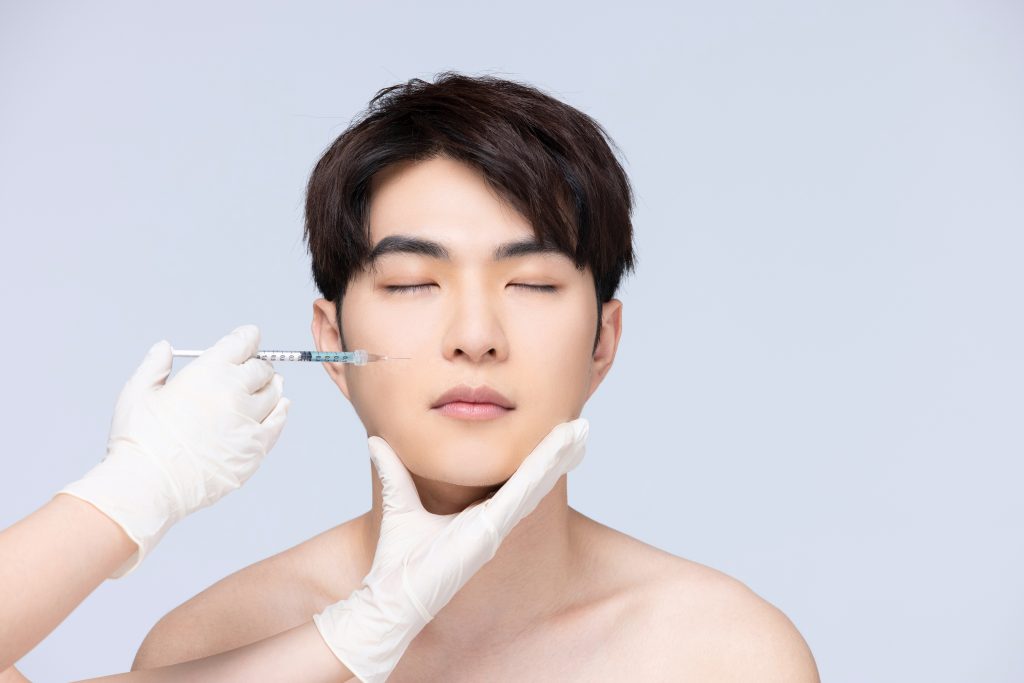Botulinum is a neurotoxic protein that is used for various medical and cosmetic purposes. Here is some information about botulinum toxin injections
Download Our Brochure
Download

Botulinum is a neurotoxic protein that is used for various medical and cosmetic purposes. Here is some information about botulinum toxin injections
Cosmetic Use: Botulinum toxin injections are widely known for their cosmetic applications. They are used to temporarily reduce the appearance of facial wrinkles and fine lines, particularly those caused by repetitive muscle movements (dynamic wrinkles).
Medical Use: In addition to cosmetic applications, botulinum toxin is used for medical conditions such as hyperhidrosis (excessive sweating), chronic migraines, muscle spasms, and certain neurological disorders.
If you are considering botulinum toxin injections for cosmetic or medical purposes, it's crucial to consult with a qualified healthcare professional to determine whether it is a suitable option for your specific needs and to discuss potential risks and benefits.